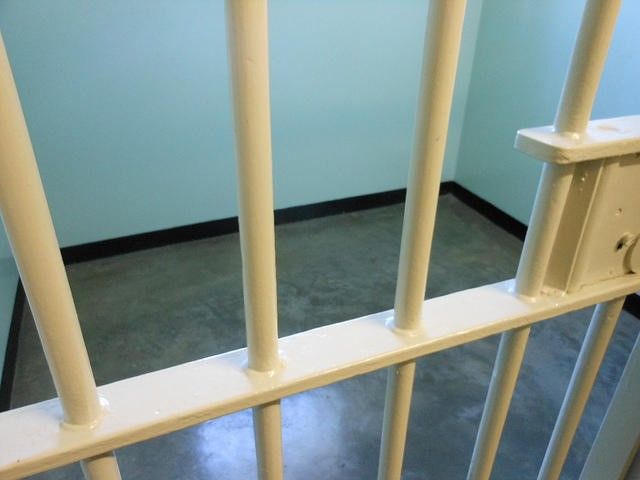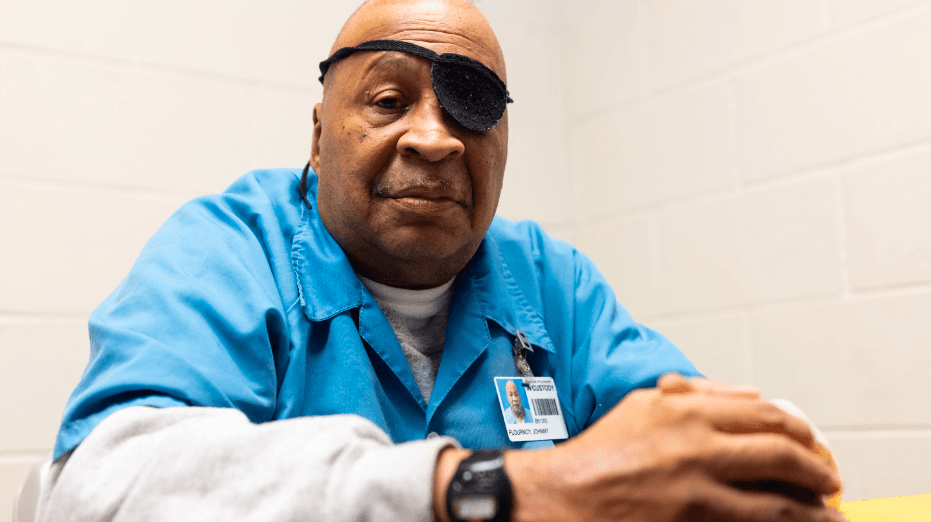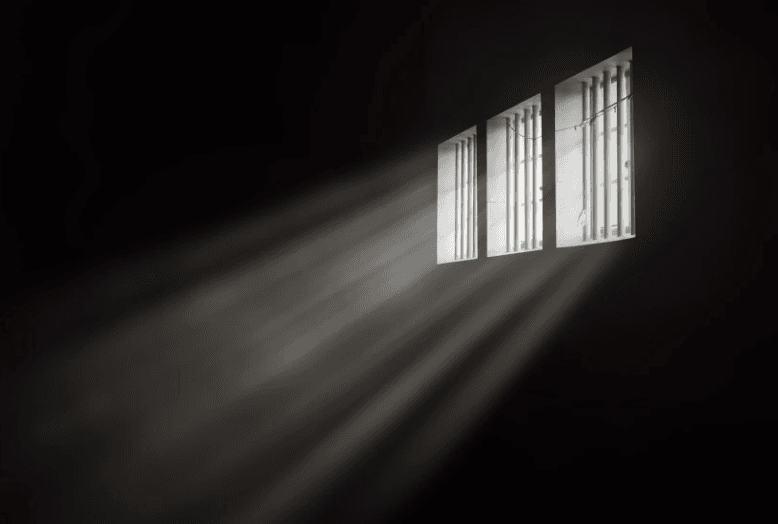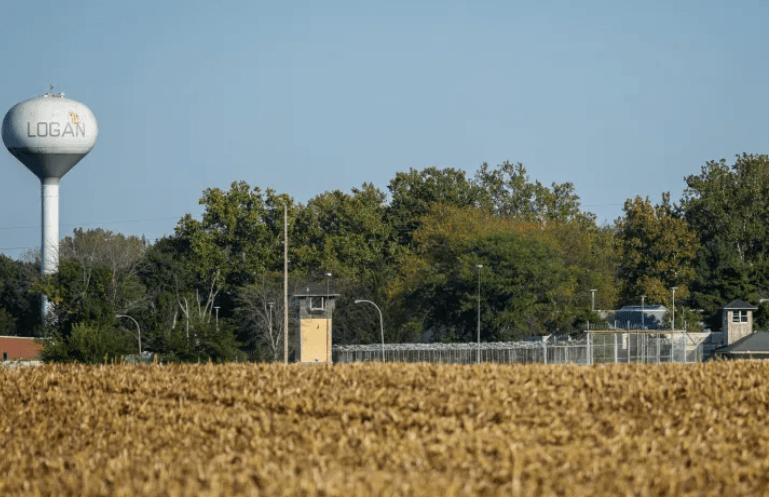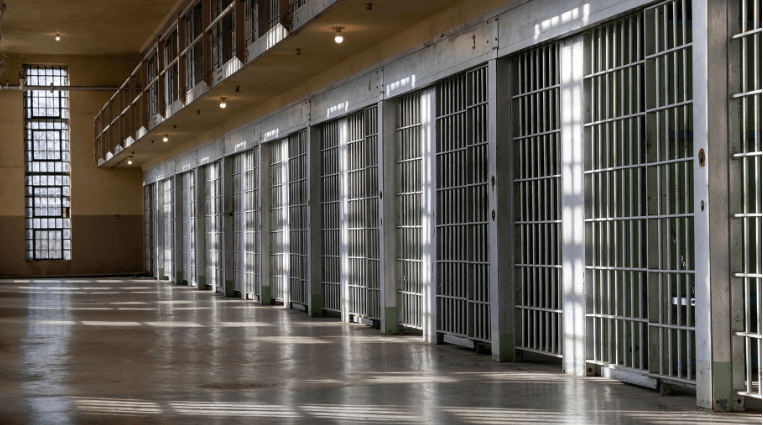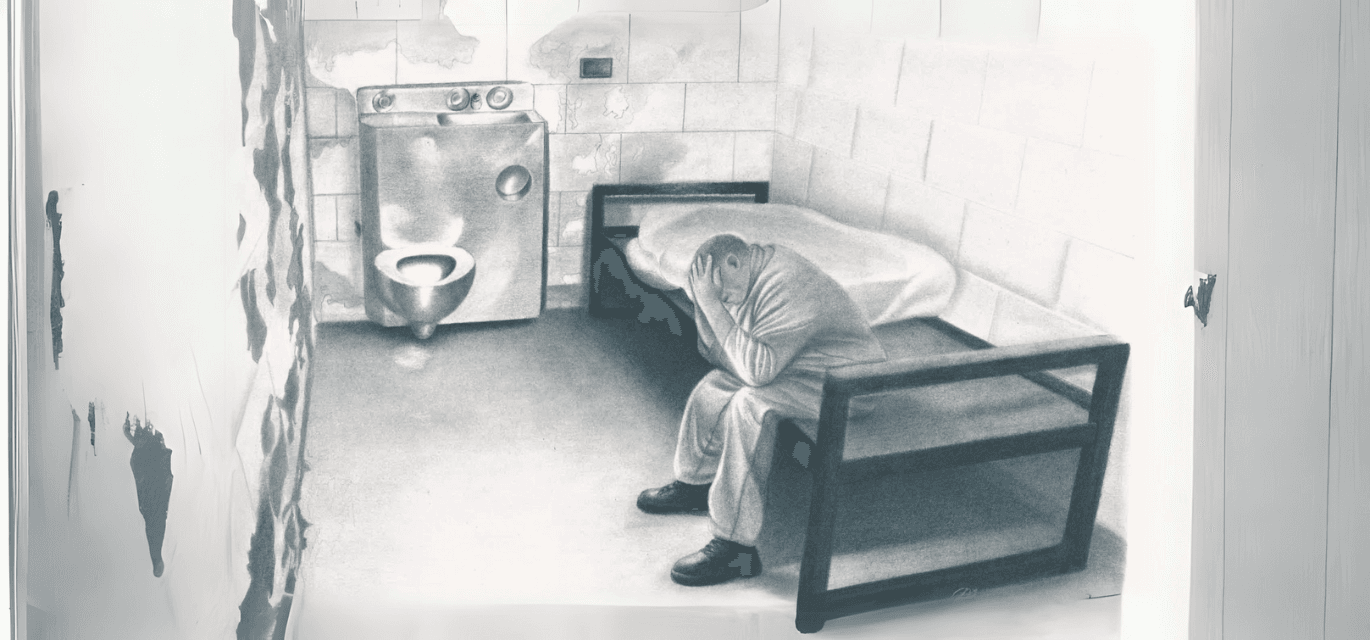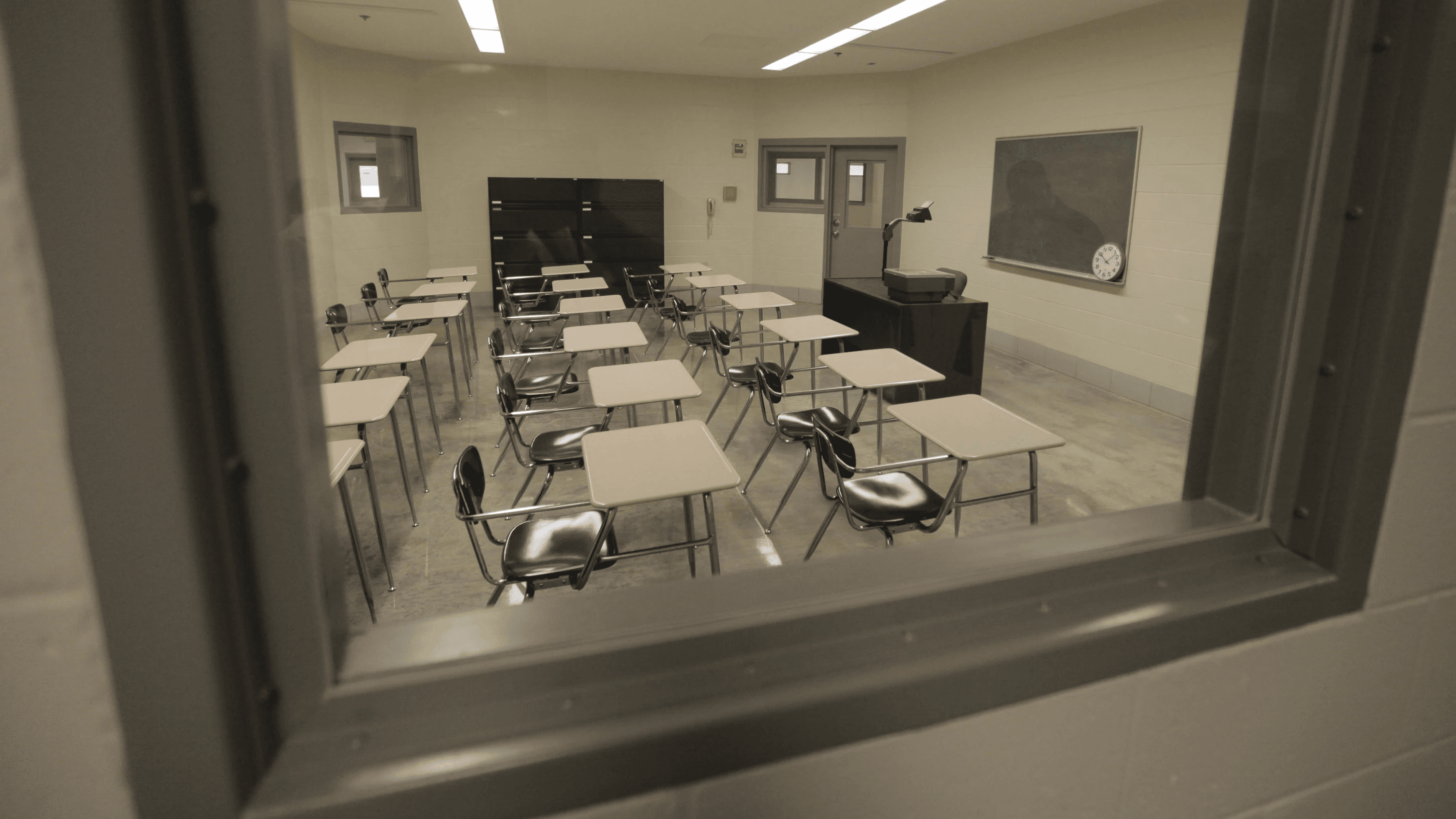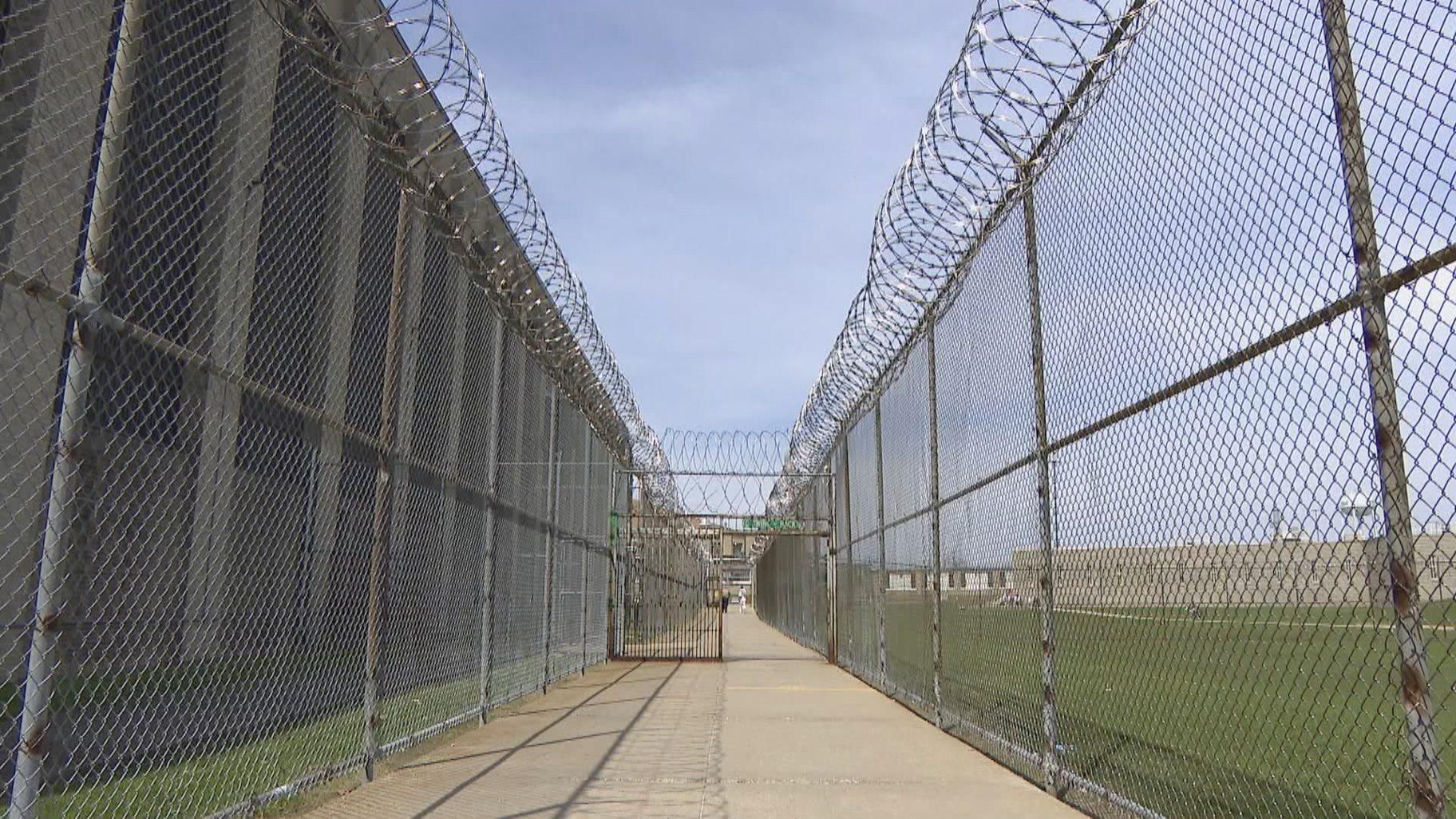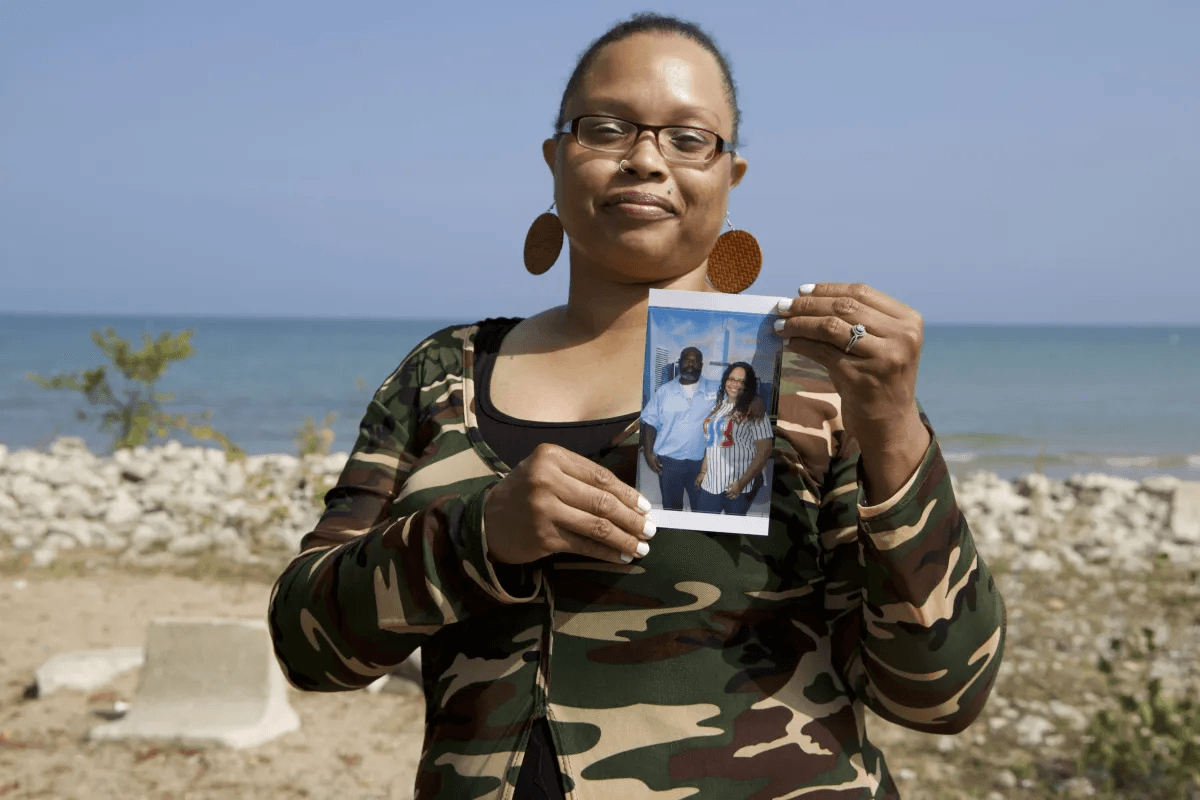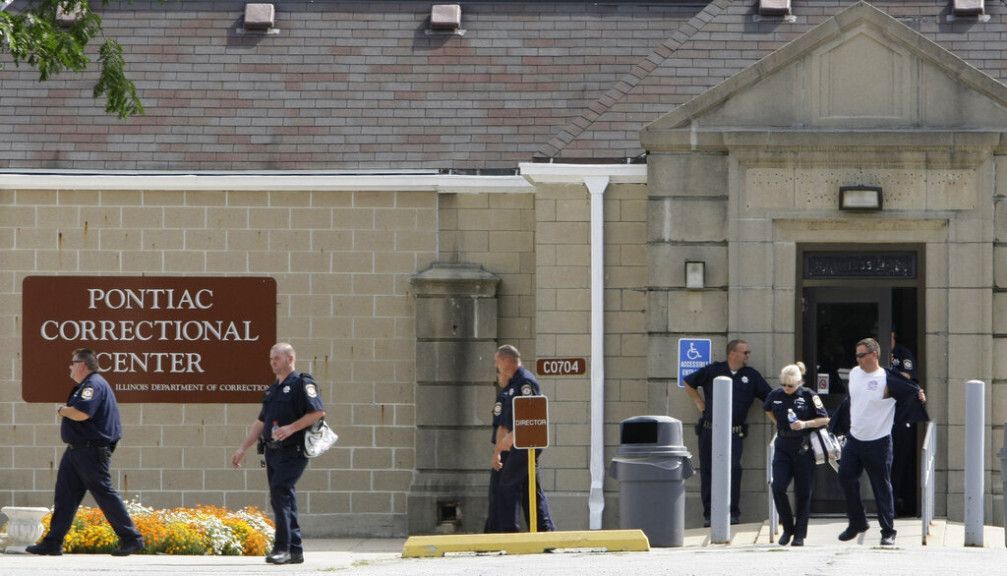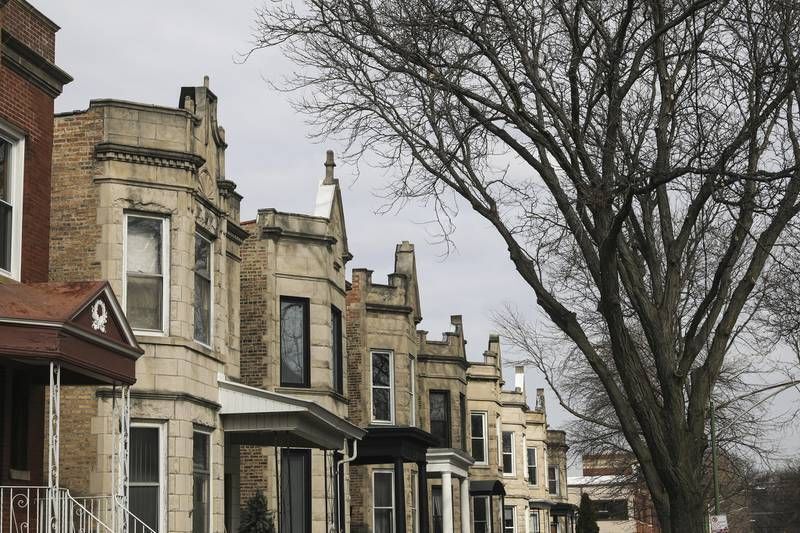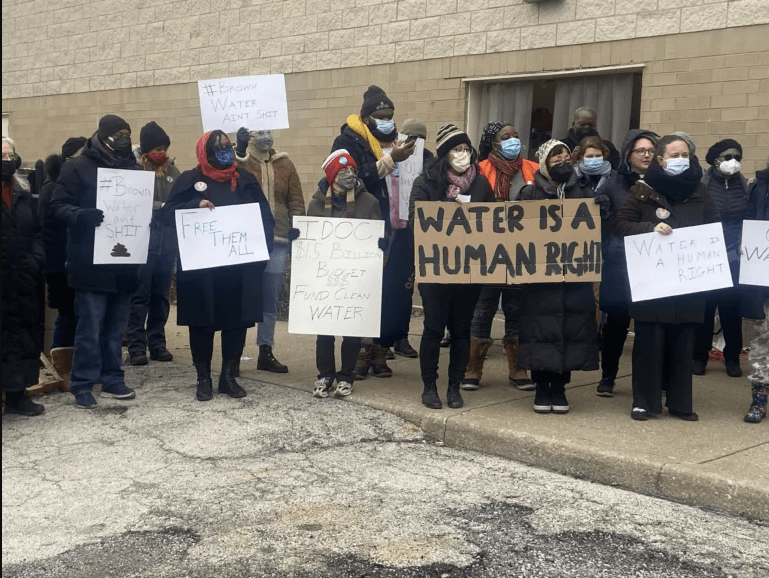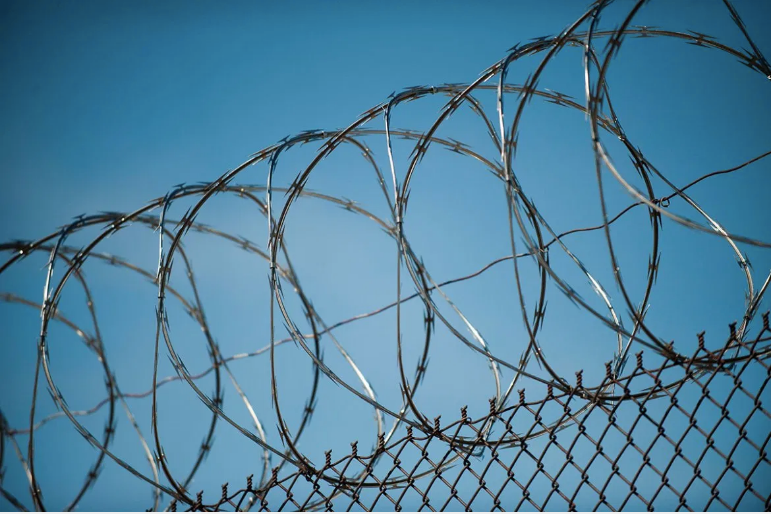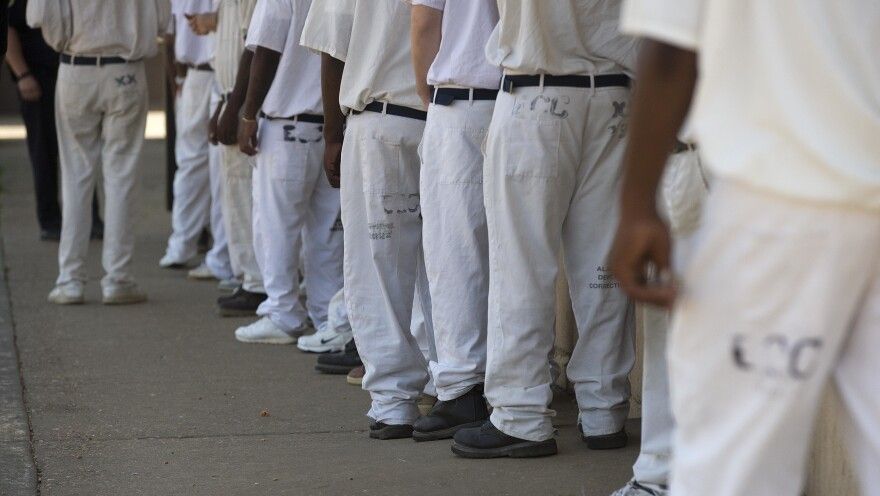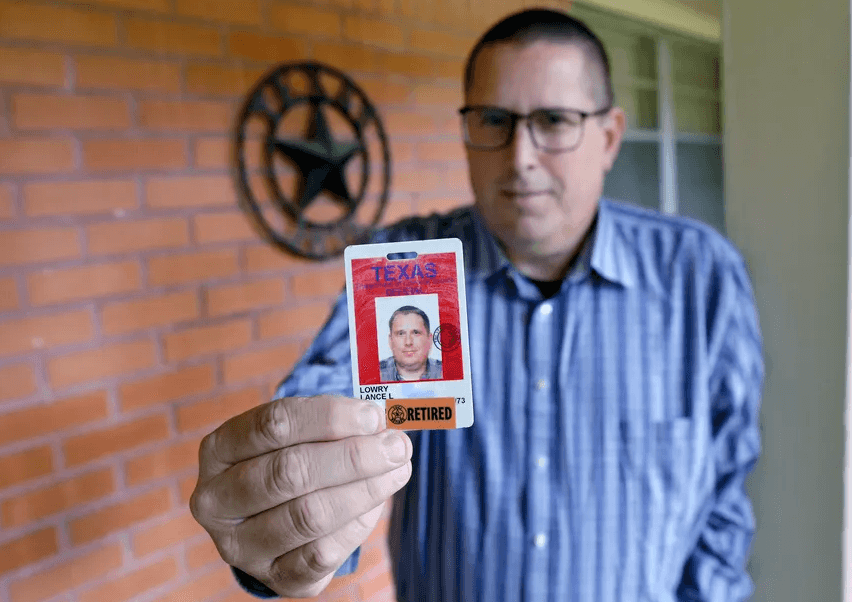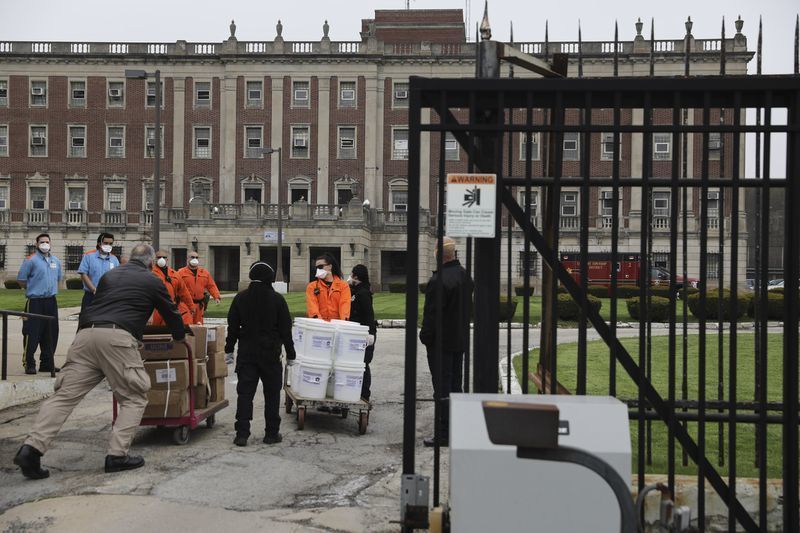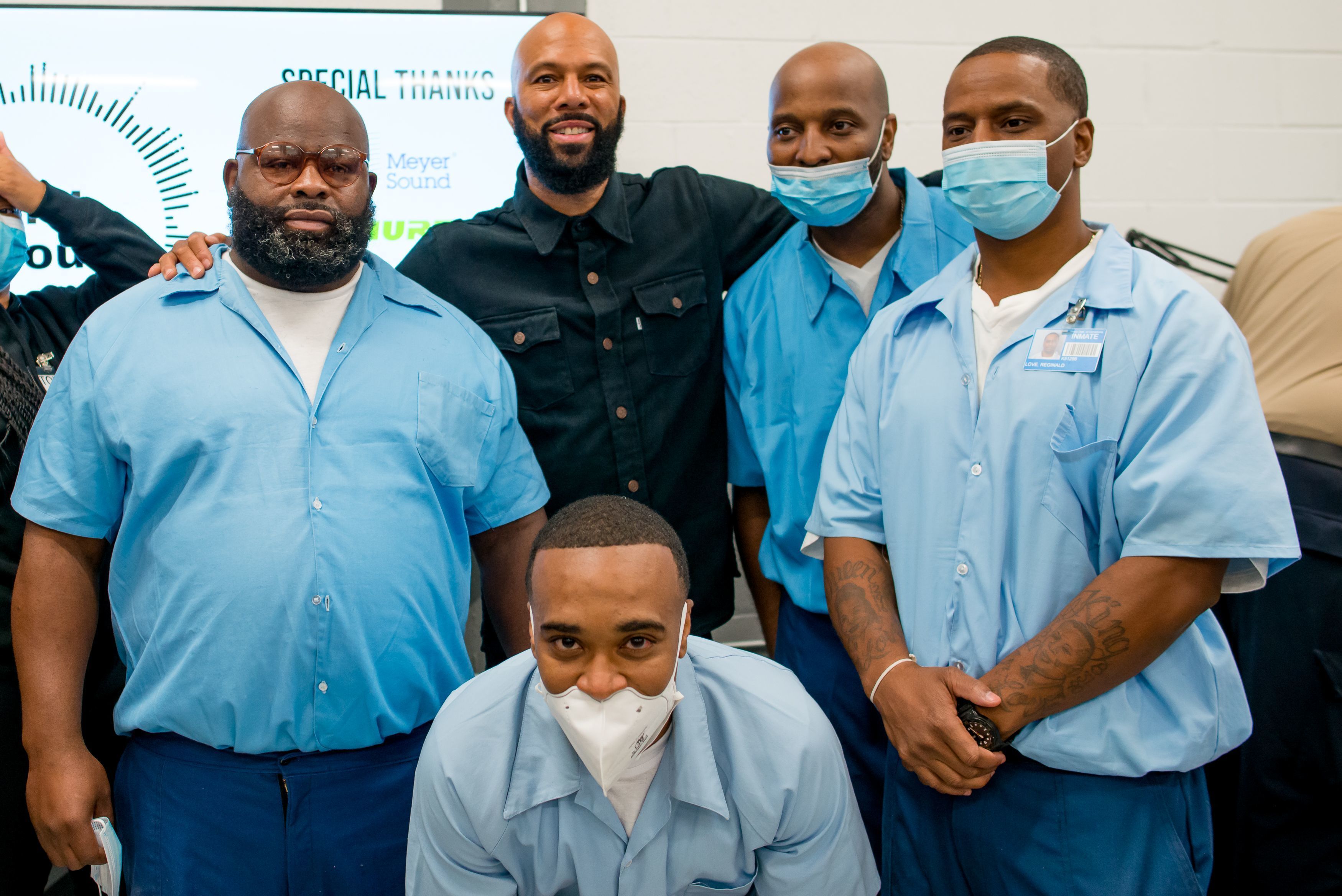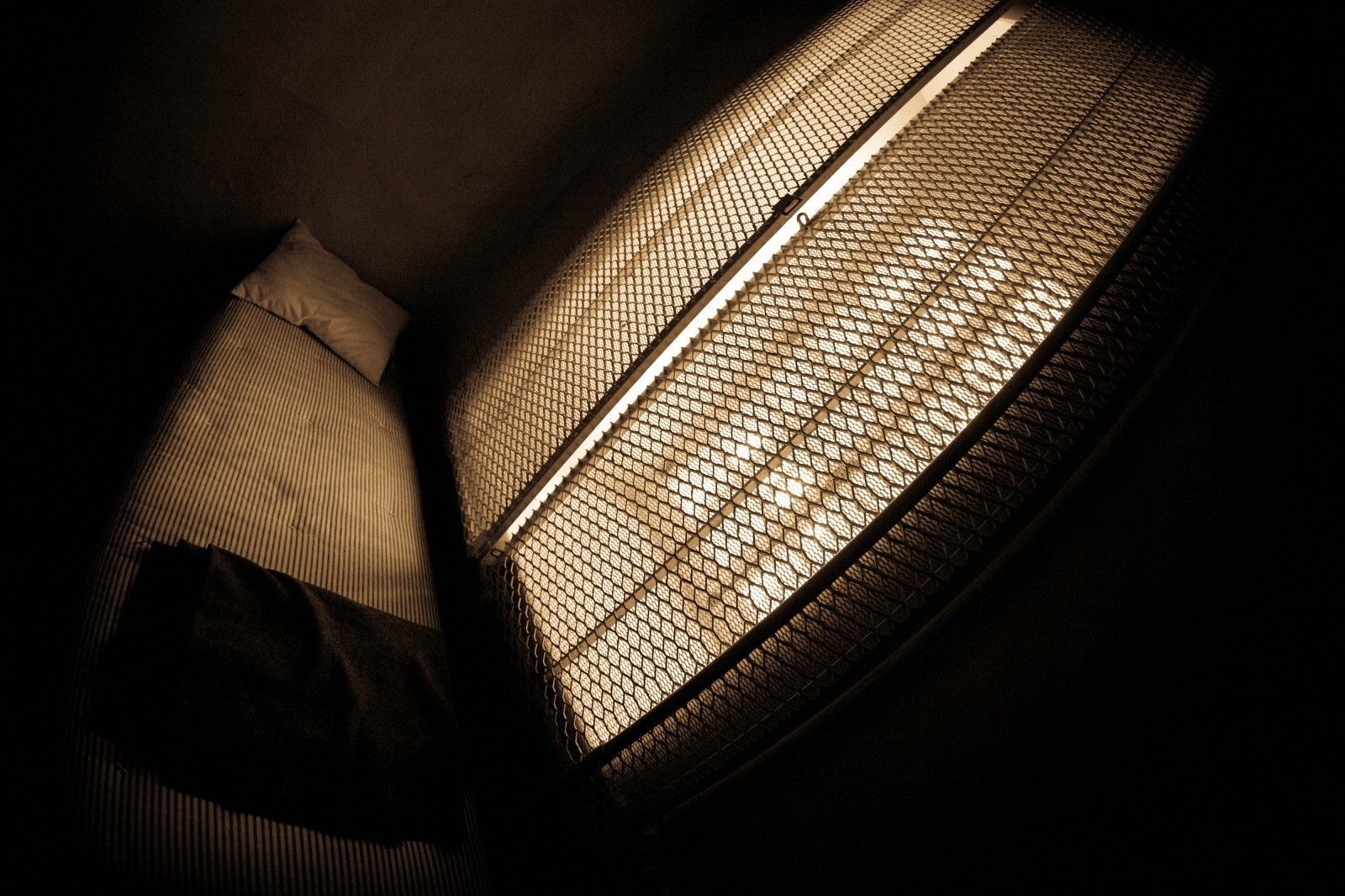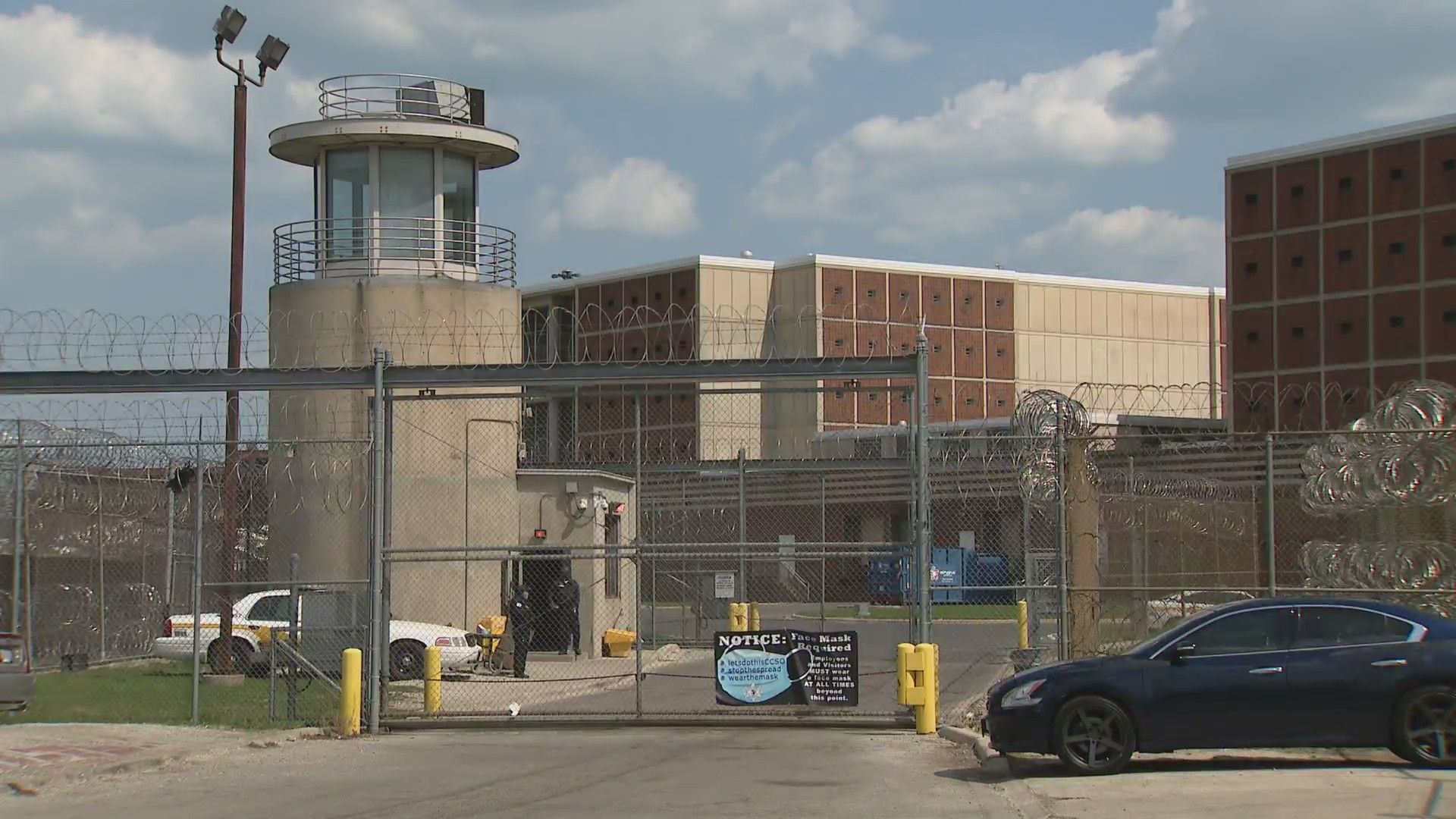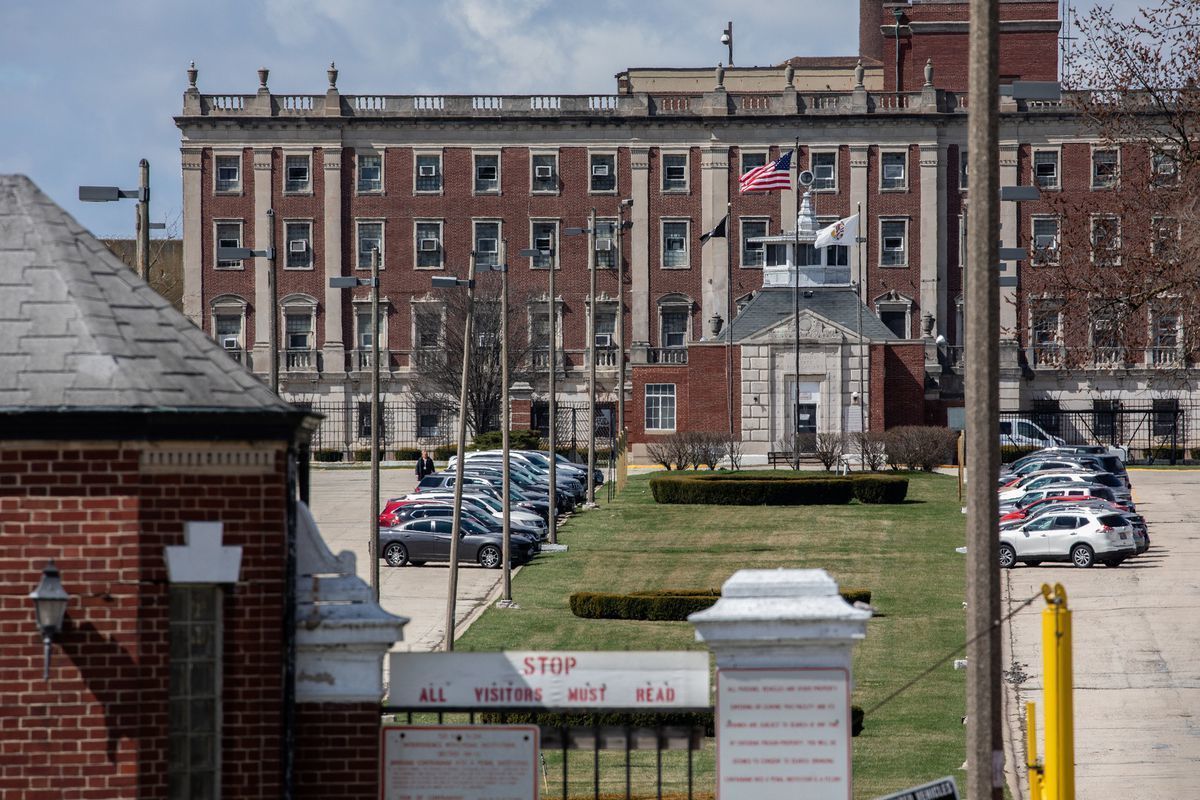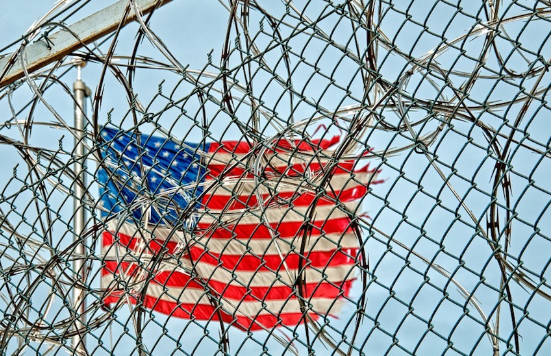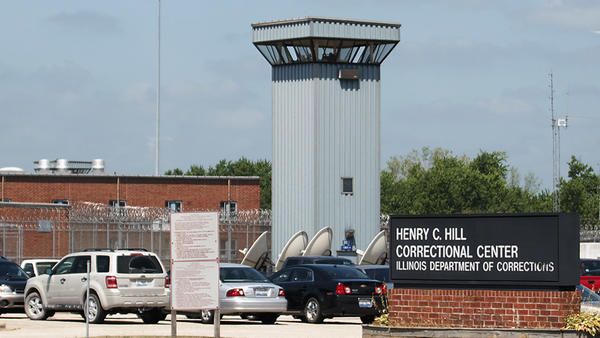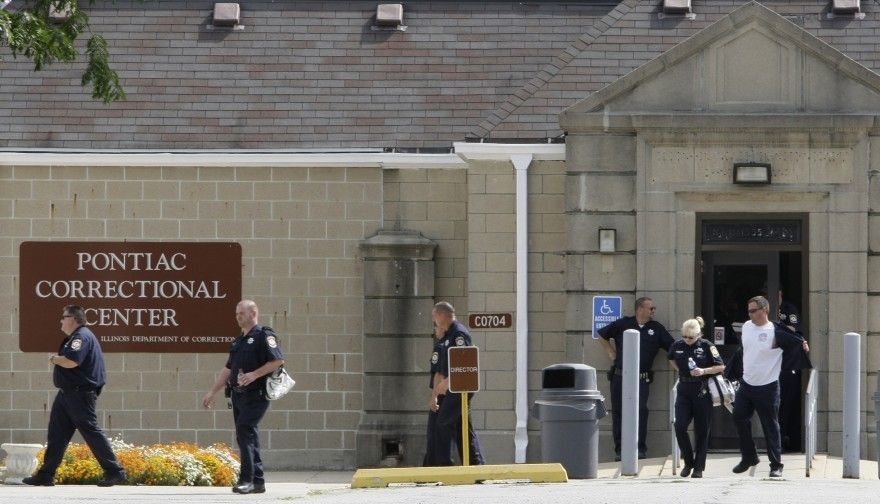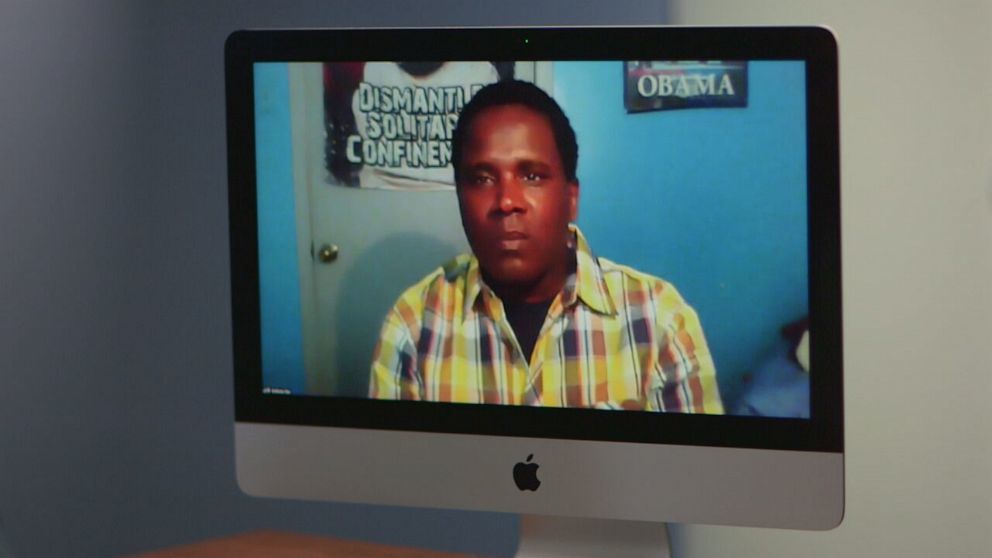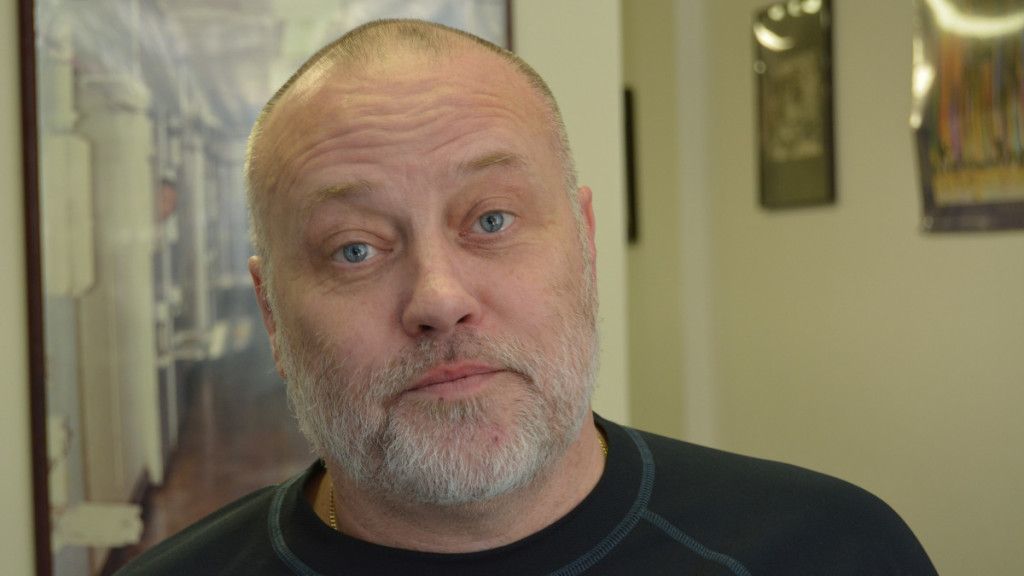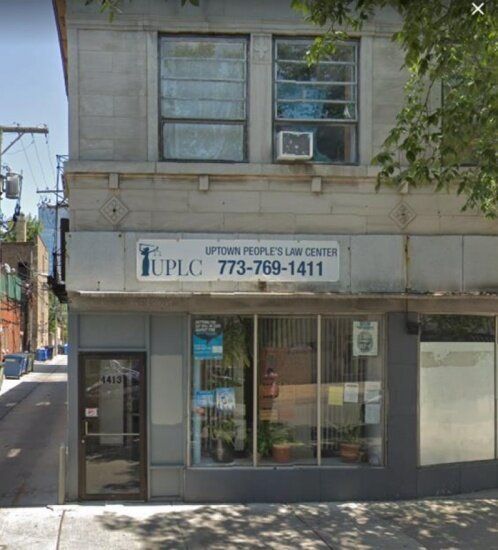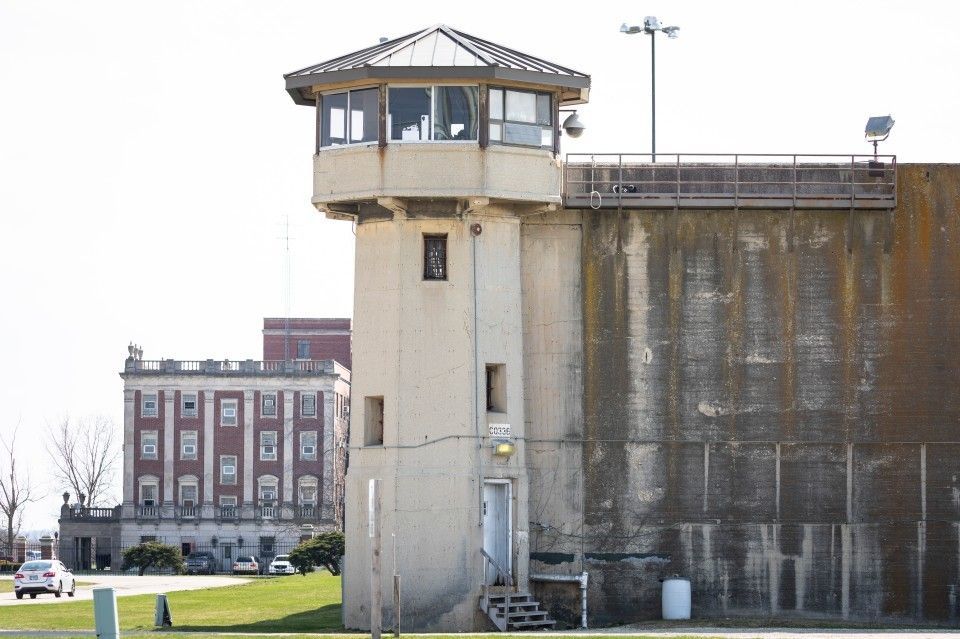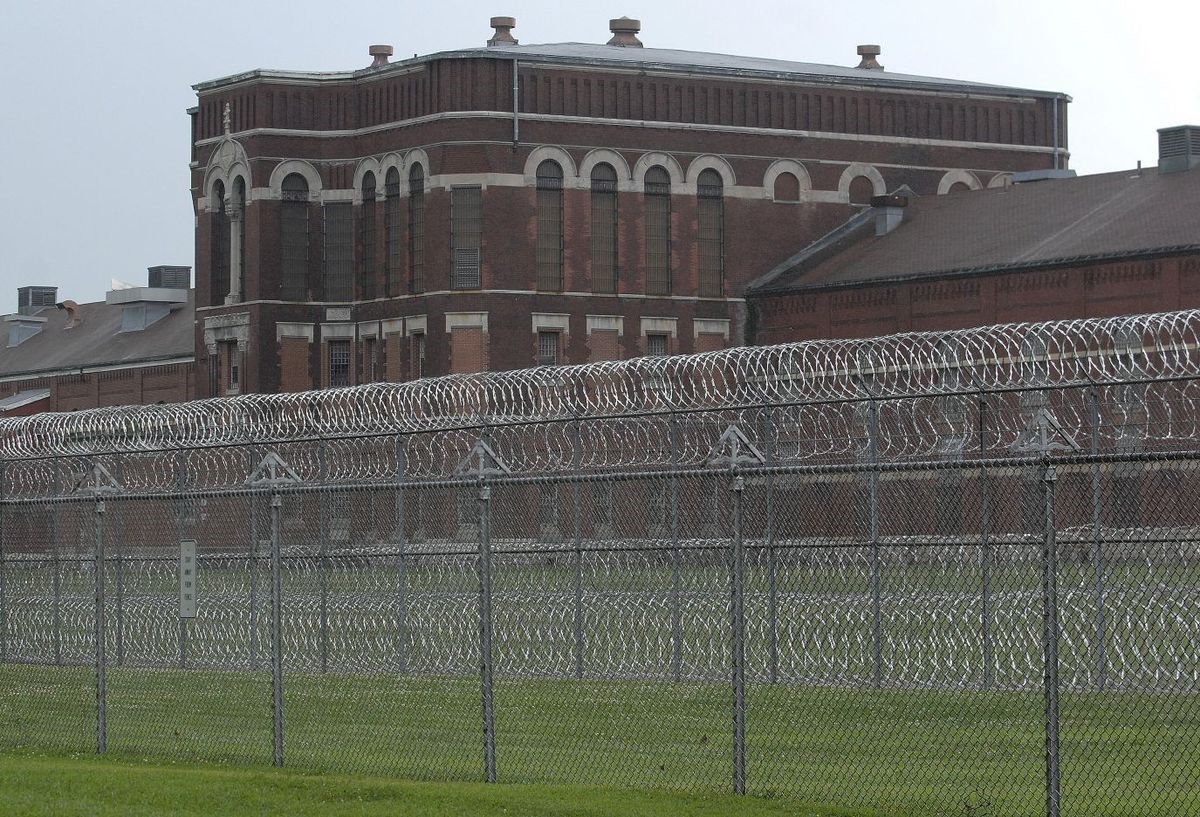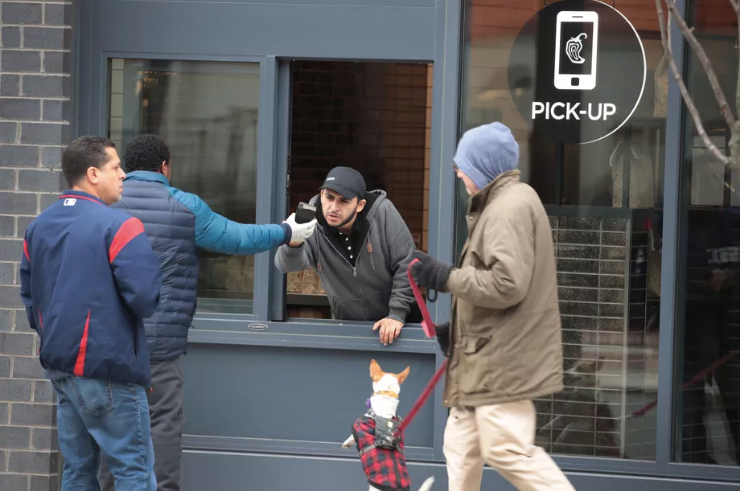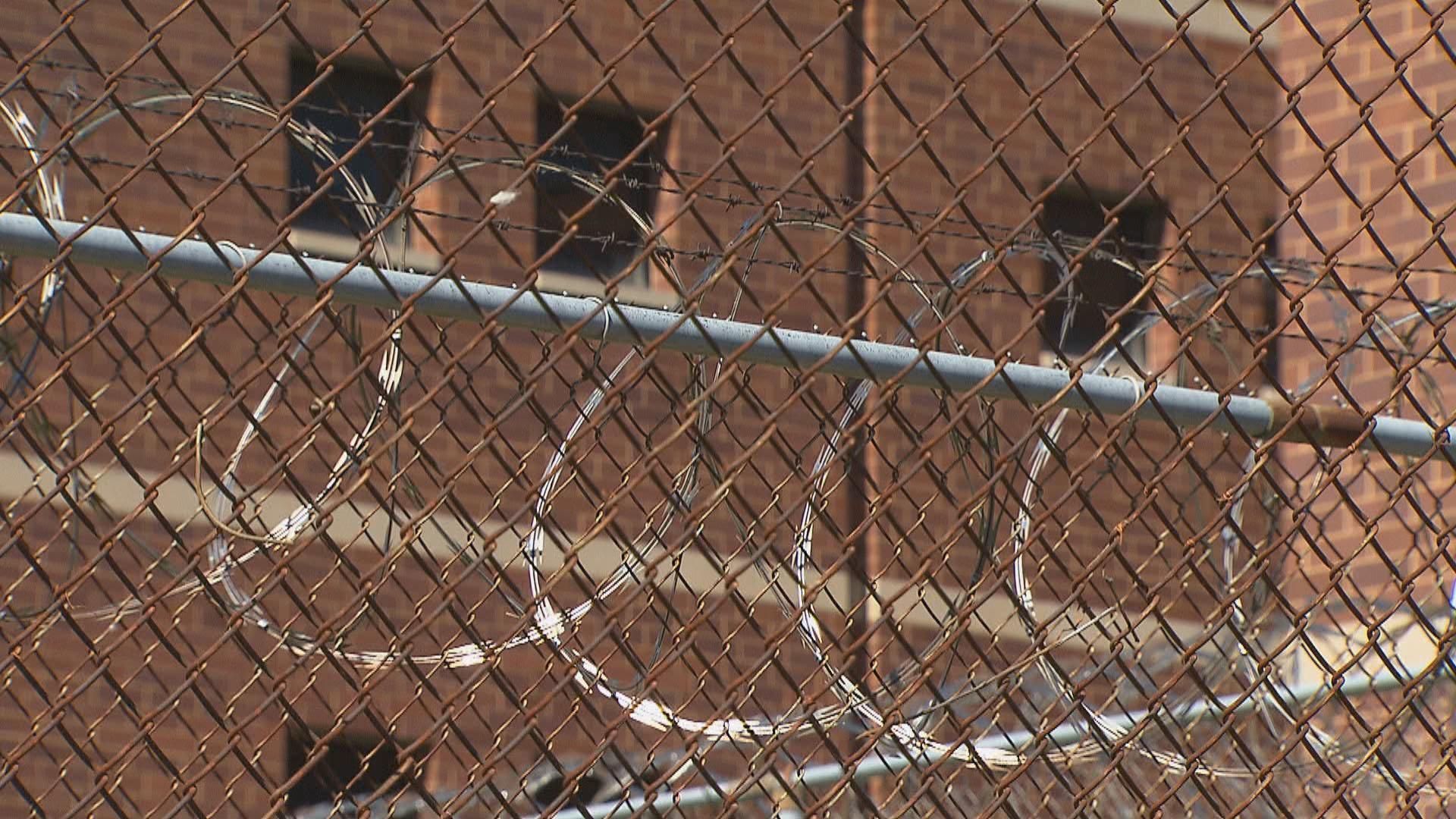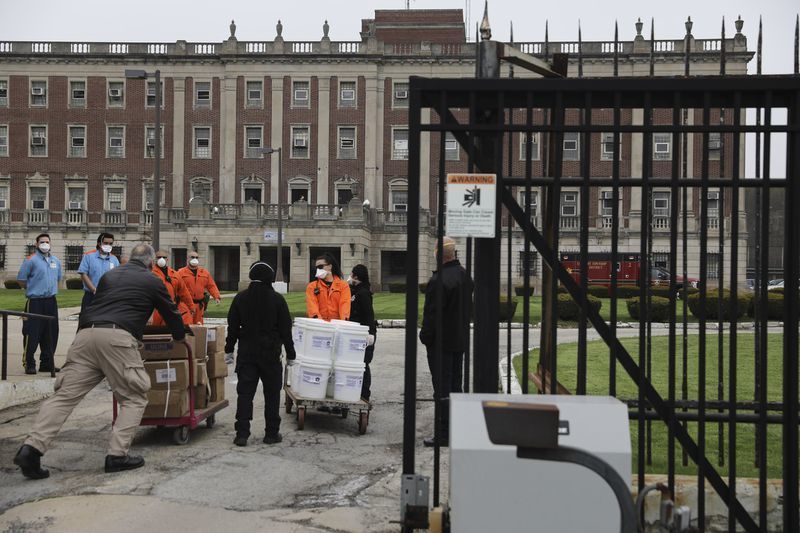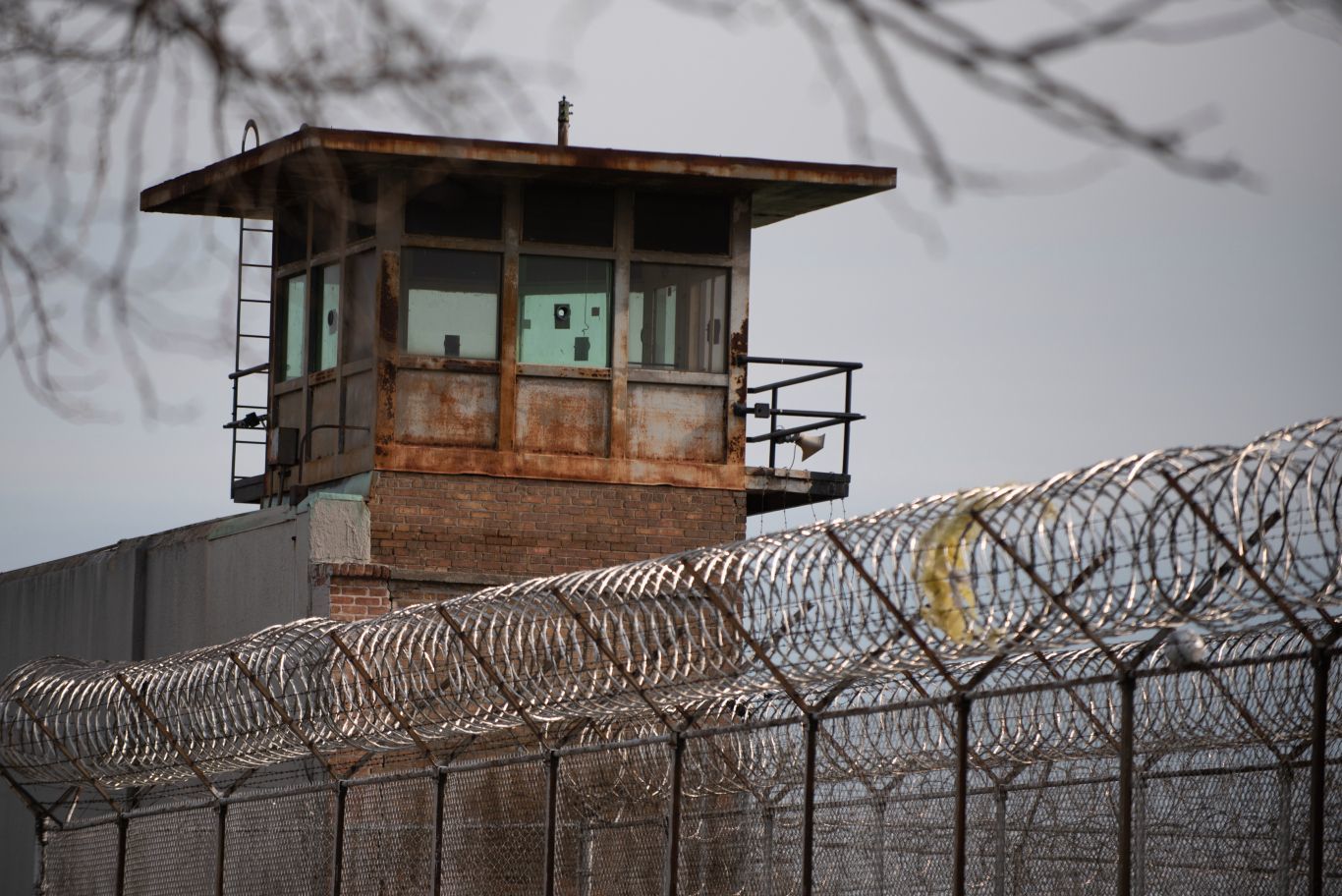Uptown People's Law Center has several class action lawsuits filed against the Illinois Department of Corrections. These lawsuits will ultimately change the prison system in Illinois for the better. To learn more about a case, click on the name.
The Illinois Department of Corrections (IDOC) punishes prisoners with mental illness, rather than properly treating them, and the treatment that is available is grossly inadequate. In April 2025 we filed a class action lawsuit against IDOC for it's failure to provide adequate levels of care.
Shipp v. Gomez: Conditions at Northern Reception Center
The Northern Reception Center in Crest Hill is the point of entry for most prisoners into the Illinois Department of Corrections prison system. Approximately 1,000 prisoners are held there at a time, and they stay for months before being transferred elsewhere. The NRC is rife with vermin, mold, and sewage–even in the kitchen. In February 2022 we filed a class action lawsuit for injunctive relief to address these awful living conditions.
Rasho v. Jeffreys: Mental Health Care
The Illinois Department of Corrections (IDOC) punishes prisoners with mental illness, rather than properly treating them, and the treatment that is available is grossly inadequate. In May 2016, we entered into a settlement agreement with IDOC to completely revamp the way people with serious mental illnesses are treated in Illinois prisons.
Lippert v. Hughes: Medical Care
Health care in Illinois prisons is so inadequate that it constitutes cruel and unusual punishment. We are suing the Illinois Department of Corrections to fix the medical and dental care provided to Illinois prisoners.
Holmes v. Jeffreys: Deaf and Hard of Hearing Prisoners
Uptown People's Law Center is suing the Illinois Department of Corrections for failing to provide Deaf and hard of hearing prisoners with interpreters, hearing aids, or other assistive devices, thus depriving them of meaningful access to medical appointments, religious services, disciplinary hearings, and many other vital interactions with staff.
Davis v. Baldwin: Solitary Confinement
Illinois prisoners are confined, often for 24 hours a day, to small, airless cells with no natural light, reduced food, and minimal yard time. Many are held in this extreme isolation for years. We are suing the Illinois Department of Corrections to end this cruel and unusual punishment.
Ross v. Gossett: Excessive Force
Uptown People's Law Center is suing the Illinois Department of Corrections on behalf of hundreds of prisoners who experienced excessive force, and physical and sexual assault at the hands of an abusive team of correctional officers called the "Orange Crush tactical team."
Closed Cases:
Westefer v. Snyder: Closing Tamms Supermax Prison:
Tamms Supermax Prison housed hundreds of prisoners in round-the-clock solitary confinement. UPLC sued, stating that prisoners were sent to Tamms as retaliation for speaking out against the Illinois Department of Corrections. In 2010, the District Court ruled that every prisoner who had been sent to Tamms had been denied a hearing which complied with the minimum requirements of due process. UPLC then led the fight which, three years later, permanently closed the prison.
In January 2015, we settled a case that now requires Illinois to provide attorneys (at the state's expense) to juveniles who are accused of violating their parole.
Morales v. Monreal: Parole Revocation
In October 2016, we settled a case that now requires Illinois to provide attorneys and adequate hearings to eligible parolees accused of violating parole. We are now monitoring the implementation of the settlement agreement.
Richard v. Pritzker: COVID In Prisons
In April 2020, in response to the swiftly spreading coronavirus epidemic in Illinois' prisons, a consortium of the area's leading civil rights attorneys and community advocates filed three cases seeking release of prisoners. All three cases demand the swift release of those prisoners most vulnerable to the epidemic before they fall victim to it.
Even though the Illinois Department of Corrections has been under a consent decree since 2019, the state continues to fail to provide adequate medical and dental care to incarcerated people, according to reports from an independent court monitor, legal experts and people held in Illinois prisons.
The Chatelaine and the Northmere, two single-room occupancy buildings, could be sold or ordered to close. They are two of the last five SRO buildings in Uptown, which has lost hundreds of affordable apartments.
Op-Ed Written by UPLC's Prisoners' Rights Advocate, Stanley Howard
Coordinating with several major law firms in the city of Chicago and the Chicago Alliance To End Sexual Exploitation (CAASE), we have sued IDOC on behalf of seven women who were sexually assaulted by correctional officers.
An open Letter to Members of the Joint Committee on Administrative Rules in Opposition to IDOC's Emergency Mail Rule.
In some Illinois cities, shoplifting, calling 911 too many times or even being a victim of a crime can get you kicked out of your home.
Uptown People’s Law Center and Equip for Equality filed suit against IDOC Director Latoya Hughes on behalf of the nearly 13,000 people with mental illness in the state’s prisons — approximately 44% of the population.
"It’s a check-the-box. People aren’t actually getting individual treatment, getting therapy, getting individualized psychiatric care."
The cover of Heather Ann Thompson’s Pulitzer Prize winning book on the Attica prison riot. Following a lawsuit settlement, every prison library in Illinois is getting a copy of the book.
An Illinois state law required that people leaving Illinois prisons be given an education in civics. Now one of the incarcerated teachers is suing, claiming he was retaliated against for teaching that literacy tests were racist.
People in prison in Illinois are still not getting access to quality health care, even with the Illinois Department of Corrections being under a consent decree since 2019.
Illinois’ so-called ban on book bans has gone into effect, but it’s also left those involved in prison education programs curious as to how exactly it’ll impact facility libraries.
The settlement agreements have prompted major changes for incarcerated people who are deaf, mentally ill or under the care of the state prison’s beleaguered healthcare system, but advocates argue more needs to be done.
A longstanding lawsuit aimed at improving mental healthcare was recently dismissed.
The tap water at Stateville has been dangerous for decades.
A coalition of prisoner advocate groups demonstrated Thursday outside the Illinois State building in the West Loop.
They call the lack of quality water in prisons “inhumane”.
A federal monitor says substandard healthcare persists—with horrific consequences—more than a decade after a lawsuit was supposed to compel changes.
Marcia Fudge, secretary of the U.S. Department of Housing and Urban Development, recently announced the agency is launching a six-month investigation of housing denials based on criminal records in federally subsidized housing. The goal is to establish policies and measures to prevent automatic denials based on an arrest or conviction unless the housing provider can provide evidence of a legitimate safety concern.
Illinois prison and health officials made misleading and inconsistent statements about a Legionella outbreak at several Illinois prisons last month, according to records and interviews with incarcerated people. Advocates and prison watchdogs say the inconsistencies highlight long-standing problems with accountability and oversight of the prison system’s water treatment practices.
Community members are condemning the Illinois Department of Corrections for housing people in unsafe conditions after Legionella bacteria was found in five state prisons last month, with some expressing concern that state officials have misled the public about the extent of the contamination.
Last week, officials in Illinois reported that they had detected legionella bacteria, which can cause Legionnaires’ disease, a potentially fatal type of pneumonia, in the water at two state prisons. The contaminated water was discovered during routine quarterly testing at Stateville Correctional Center and Joliet Treatment Center, according to a statement from the Illinois Department of Corrections and the Illinois Department of Public Health. The agencies said nobody is exhibiting symptoms of the disease.
Prisoners at an Illinois Department of Corrections facility deal with rodents, insects and other unsanitary conditions in cells, bathrooms and the kitchen, according to a lawsuit filed this month by a man against officials with the intake facility in Crest Hill.
Prisoners at an Illinois Department of Corrections facility in Joliet suffer through nightmare living conditions, with rat-infested cells, rotten food and raw sewage overflowing into common areas, a lawsuit says.
Prisoners at an Illinois Department of Corrections intake facility are living among mice, rats, roaches and other insects, have seen feces in the kitchen and are forced to eat rotten food among other issues, according to a lawsuit filed this week by a detainee at the far southwest Crest Hill facility.
Hundreds of inmates and staff members within Illinois prisons are currently positive for COVID-19, according to the latest IDOC data available online.
A decade after Illinois Department of Corrections inmate Anthony Rodesky began developing the blisters that would eventually lead to a below-the-knee leg amputation, a federal jury in Peoria last week awarded him $400,000, finding the state violated the Americans with Disabilities Act in its treatment of Rodesky’s type 1 diabetes.
At a Georgia state House of Representatives hearing on prison conditions in September, a corrections officer called in to testify, interrupting his shift to tell lawmakers how dire conditions had become.
The standoff between Chicago police and Mayor Lori Lightfoot over the city’s COVID-19 vaccine mandate once again hoisted Chicago onto the national stage, seemingly pitting the individual rights of law enforcement officers against the health of communities they’re charged with protecting.
More than a decade has passed since incarcerated people filed a class action lawsuit accusing the Illinois Department of Corrections of failing to provide adequate medical care to people in custody. But health care in the state’s prisons still falls short, and the department isn’t moving quickly enough to fix the myriad problems, according to a new report from an independent monitor.
Brian Willis grew up in Park Manor, near 69th Street and King Drive on the South Side. He’s been incarcerated for 25 years and is currently serving a life sentence for murder at Stateville Correctional Center in Crest Hill, Ill.
Five years after a class action lawsuit found Illinois’ mental health care for inmates in the Department of Corrections unconstitutional, an independent court monitor found that the same problems still exist.
These include an inappropriate use of solitary confinement, failing to properly manage medication, failing to provide adequate treatment plans and extended “crisis watches.”
Christopher Knox already had a long history of living with mental illness when he was sentenced to time in an Illinois prison. He has had a litany of diagnoses, including bipolar disorder and PTSD, and a history of self-harm going back to when he was just 7 years old. When he was locked inside prison at age 19, his mental health deteriorated. He lashed out at a fellow prisoner and he said he was sent to solitary where he was in a cell 23 hours a day, seven days a week.
The United States District Court for the Southern District of Illinois certified all 28,000+ state prisoners to be part of a class Monday in a class action lawsuit challenging IDOC's excessive use of solitary confinement.
Prisons and their surrounding communities would be safer. And a dangerous backlog of people in county jails awaiting transfer would be reduced.
On June 15, 2021, the United States District Court for the Southern District of Illinois certified a class action challenging the constitutionality of the excessive use of extreme isolation (various forms of solitary confinement) by the Illinois Department of Corrections ("IDOC). The Court certified a class of all state prisoners (over 28,000) represented by Winston & Strawn LLP and the Uptown People's Law Center. Accordingly, the ruling expands the case from the six named plaintiffs to a class of all state prisoners seeking declaratory and injunctive relief against the IDOC's policies and procedures resulting to the excessive use of extreme isolation.
The latest report on health care in Illinois state prisons (PDF) was released to the public earlier this month. This report was created by Dr. John Raba, an independent, court-appointed monitor, as a result of the class action lawsuit Lippert v. Jeffreys, brought by ACLU of Illinois, Uptown People's Law Center, and Dentons. This lawsuit alleged that the health care provided to prisoners in the Illinois Department of Corrections (IDOC) is unconstitutional, and was settled in January 2019.
As COVID-19 vaccination distribution has expanded across the country, incarcerated people remain one of the populations that is both most vulnerable to COVID-19 and most distrustful of medical care, according to several legal advocacy organizations.
Isolated in solitary confinement as the pandemic swept through Illinois prisons, inmates diagnosed with mental illness are beyond the breaking point, setting fire to their cells and harming themselves after more than a year without adequate mental health care.
After spending 22 years in solitary confinement, Anthony Gay is trying to make sure no other prisoner in Illinois has to experience the same level of trauma that he went through.
For the last 12 years of his three-decade prison sentence, Brian Nelson spent 23 hours a day in solitary confinement.
For more than a decade after he was released, Nelson became an advocate for incarcerated people and sought to reform Illinois’ criminal justice system. The job included reading and answering thousands of letters from prisoners and recounting the horror of his stay in solitary for legislators, including before the Senate.
Brian Nelson was haunted by his experience of being locked in solitary confinement for 23 years in Illinois prisons.
After he was freed in 2010, he dedicated his life to helping other inmates.
The Just Housing Amendment is a law that was put in place to prohibit housing discrimination against people in Cook County who have a criminal record.
As millions of Illinoisans are still waiting for their chance to be vaccinated against COVID-19, and even those who are eligible are scrambling for appointments, at least one group is largely giving up its place at the front of the vaccine line: people who work in Illinois prisons.
As millions of Illinoisans are still waiting for their chance to be vaccinated against COVID-19, and even those who are eligible are scrambling for appointments, at least one group is largely giving up its place at the front of the vaccine line: people who work in Illinois prisons.
More than 1,000 prisoners in Illinois are set to be released after a lawsuit settlement aimed at protecting medically vulnerable prisoners from COVID-19.
The Illinois Department of Corrections will identify medically vulnerable and elderly prisoners eligible for early release or electronic home monitoring.
COVID-19 cases are ticking back upward across Chicago and the rest of Illinois even as vaccine supply improves, the top doctors from the city and state warned Tuesday.
Infections have increased about 23% in Chicago over the past week, mostly among people age 18 to 40, according to city Public Health Commissioner Dr. Allison Arwady.
More than 1,000 medically vulnerable or elderly inmates in Illinois prisons are set to be released following a settlement agreement in a lawsuit brought last spring against the head of the Illinois Department of Corrections and Gov. J.B. Pritzker, which claimed they weren’t doing enough to protect against COVID-19.
After a deadly second wave of the coronavirus pandemic in Illinois prisons sickened thousands of workers and inmates, the state will begin vaccinating both groups in the coming week — a plan that drew praise from advocates but provoked the ire of some lawmakers who argue criminals should not be prioritized.
People incarcerated in Illinois will be among those vaccinated against coronavirus during the next phase, according to a newly released state plan.
People incarcerated in jails and prisons will be prioritized for vaccines along with people who are 65 and older, certain essential workers and people experiencing homelessness or residing in shelters, according to the plan released Dec. 31 by the state health department. They’ll all be given access to vaccines during the next phase, know as Phase 1B.
Whilst staff at veterans' homes, nursing homes, hospitals and sundry health care facilities balk at getting vaccinated – let-me-think-about-it rates for doctors, nurses and other frontline health care workers are as high as 40 percent nationwide – the state of Illinois has decided that while doses remain scarce, prisoners and the homeless who reside in shelters or frequent day centers are on par with the elderly (75 or older) and "frontline essential workers" who will be second in line after health care workers.

